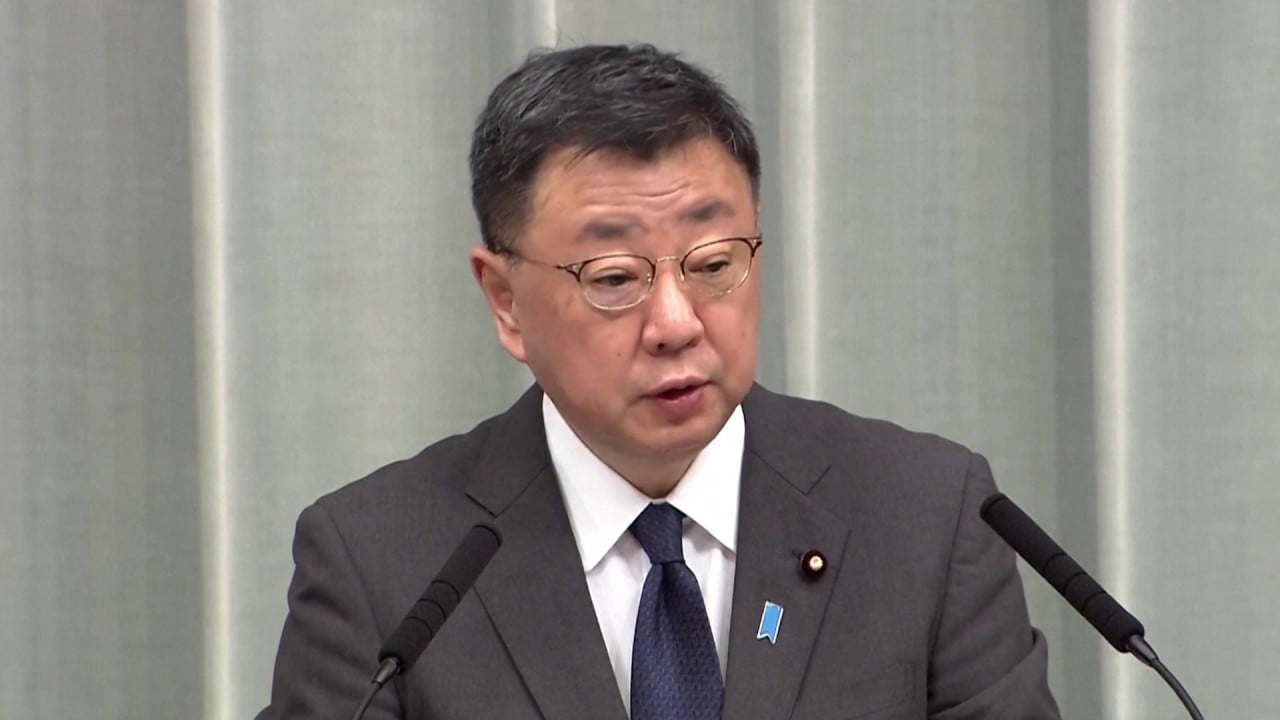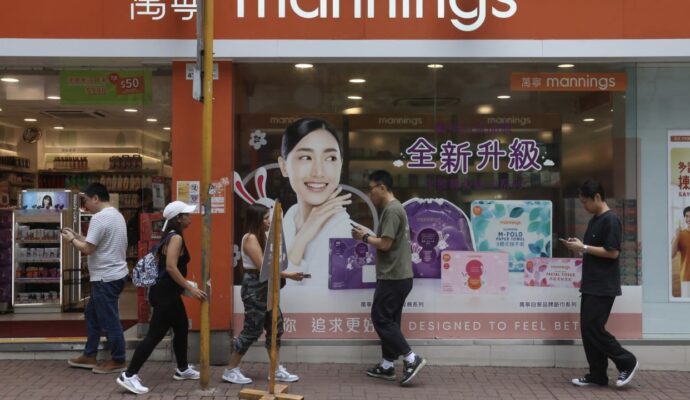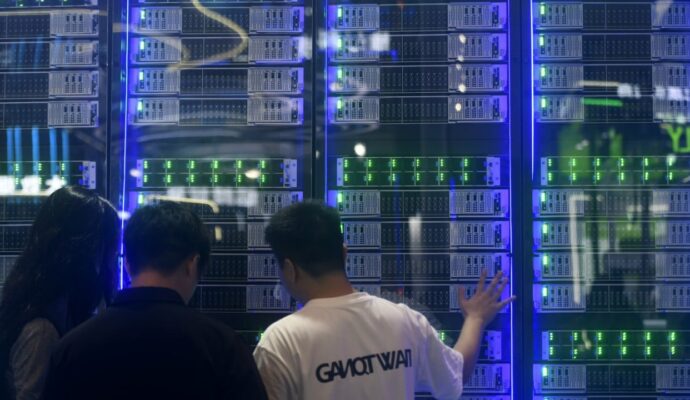He is at least the fourth US “spy” that China has revealed details on since August.
As “a key person involved in classified matters”, Hou was dispatched by his unit to a university in the United States as a visiting scholar in January 2013, and he was immediately on the radar of American espionage agencies.
Two months later, an American professor familiar with Hou introduced him to a man named “Jacob”, who was a US agent posing as a consulting company employee.
Over the next few months, “Jacob” frequently invited Hou out for entertainment in the name of consultation and even gifted him a DSLR camera, so their relationship “quickly warmed up” and they became “almost inseparable friends”.
“This is a routine tactic of US espionage agencies,” Wang Shuai, credited as a state security official, was shown as saying in the programme.
“Jacob often took Hou on sightseeing trips, treated him to upscale Western meals, took him to strip shows, to visit the CNN headquarters and to watch the Super Bowl,” Wang said.
On their eighth meeting, “Jacob” invited Hou to sign a contract as a consulting expert for his company, promising a payment of US$600 to US$700 for each consultation. Topics for consultation included hydrogen storage and photovoltaic materials. Hou provided Jacob with reports based on public information.
“These seemingly non-sensitive consultation projects are precisely their means to lure people,” Wang added.
In July 2013, when Hou’s wife and child visited the US, “Jacob” disclosed his true identity to Hou and began to pressure him, demanding that he maintain contact after returning to China. Hou said he agreed due to concerns for the safety of his family.
Before Hou left for China, Jacob trained him in methods of contact and introduced him to his boss in one meeting, who “brazenly promoted American values, belittled China’s developmental achievements, and attempted ideological infiltration on Hou”, a voice-over said in the programme.
Afterwards, Hou proactively reached out to the US side when travelling abroad and continued to provide them with China’s “state secrets”.
“Under the ideological infiltration, emotional wooing, and financial temptations of the US espionage agencies, Hou had meetings with four US espionage personnel over 20 times,” Wang said.
Hou has been charged with espionage and the case is still being processed in Chengdu, the provincial capital of Sichuan, according to the programme.
In sharing the video, the state security ministry said espionage activities always go together with “deception, seduction and conspiracy” and called on the public to be vigilant.
On August 11, the ministry said it had arrested a 52-year-old employee of a state-run arms company who had begun working for the US Central Intelligence Agency while studying in Italy.
And in May, a court in eastern China sentenced US citizen and Hong Kong permanent resident John Leung Shing-Wan, 78, to life in prison on spying charges.
China urges public to join ‘grim and complex’ anti-espionage fight
China urges public to join ‘grim and complex’ anti-espionage fight
“Western espionage agencies, with the US as the representative, overstretch the concept of national security, take [China] as the primary target in their work and are continuously increasing their efforts,” Bi Yanying, vice president of the University of International Relations in Beijing, said during the programme.
“The means by which [foreign] espionage agencies gather intelligence from us cover an even broader scope, and the methods they adopt are more covert and professional,” she said.
“[We should] encourage the public … to actively report related situations,” she added.



